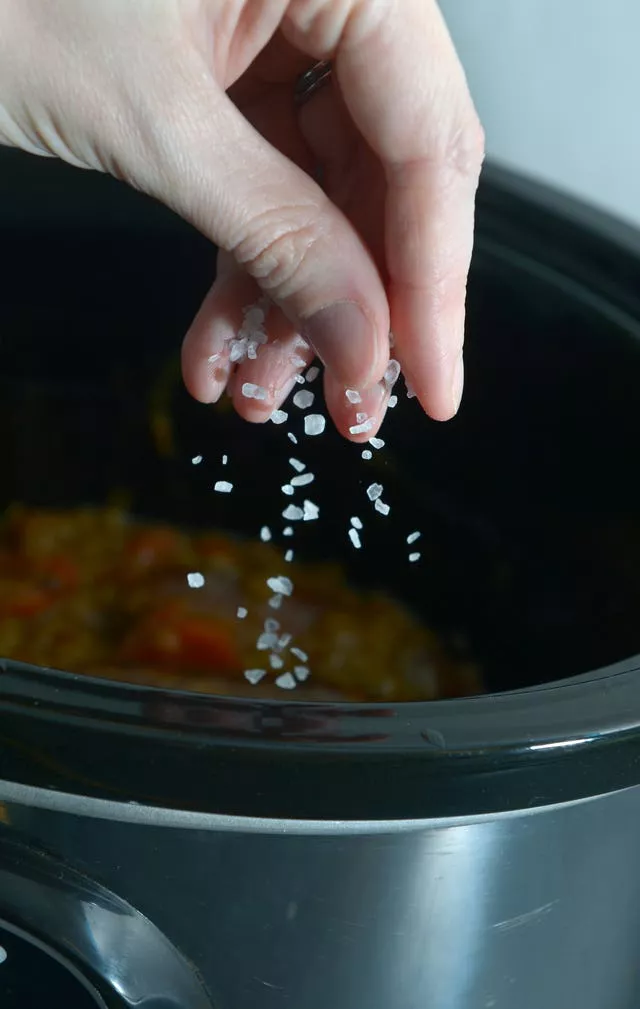Batch cooking can be a great way to save money – and nearly two-thirds of adults say they do this, according to new research in the UK.
Cooking in bulk also appears to be particularly popular among younger adults, with three-quarters of the 18-34-year-olds surveyed saying they batch cook.
When it comes to rustling up tasty treats in bulk, spaghetti bolognese and curry were found to be the most popular options. These were followed by casseroles and stews, chilli con carne and soup.

Home economist Denise Spencer-Walker says: “Many households are living off a limited food budget and are looking for ways to save money on their food bill without compromising on quality or flavour.
“Batch cooking is both cost-effective and means you can ensure your diet remains healthy and balanced, even when cooking in advance.”
Here are Spencer-Walker’s five top tips for batch cooking success…
1. Shop with batch cooking in mind
“When making your shopping list, ensure you’re buying with the view to batch cook,” says Spencer-Walker. “This will ensure you buy enough ingredients to make more than one meal and means you can stretch food out for longer.

“Aim to make three to four times more than you would normally cook, cool and then freeze in individual portions. Dishes such as bolognese, curries, casseroles, and soups are all perfect batch cooking recipes.”
2. Choose your ingredients wisely
“Ensure your batch-cooked meals are healthy and nutritiously balanced,” says Spencer-Walker.
She says lean red meat is a natural source of iron and Vitamin B12, adding: “To make your meals stretch that bit further and boost your fibre intake, why not add some extra veg, beans or pulses to your meat dishes? For example, throw in a can of kidney beans or lentils to your beef bolognese sauce or lasagne, or chickpeas in a curry.”
3. Batch cook a variety of meals
If the prospect of eating the same meal day in, day out is putting you off batch cooking, try to mix things up a little.
“Variety is the spice of life and to ensure you’re getting a good balanced diet, try and mix up your batch cooking,” says Spencer-Walker. You could transform the leftovers from one meal into something else, by making soups, sauces and curries from leftover veggies, for example.
4. Store your food correctly
To retain the freshness of your food, it’s important to store your food safely and in line with the date it should be used by.

If you’ve cooked a big batch of food and you’re worried you won’t get through it all over the following couple of days, it could potentially be frozen.
5. Make sure you reheat food properly
“It’s important to ensure you thoroughly reheat your food, be it chilled or defrosted until it’s piping hot throughout,” says Spencer-Walker. “Incorrect reheating can impair eating quality or lead to potential food poisoning.”







